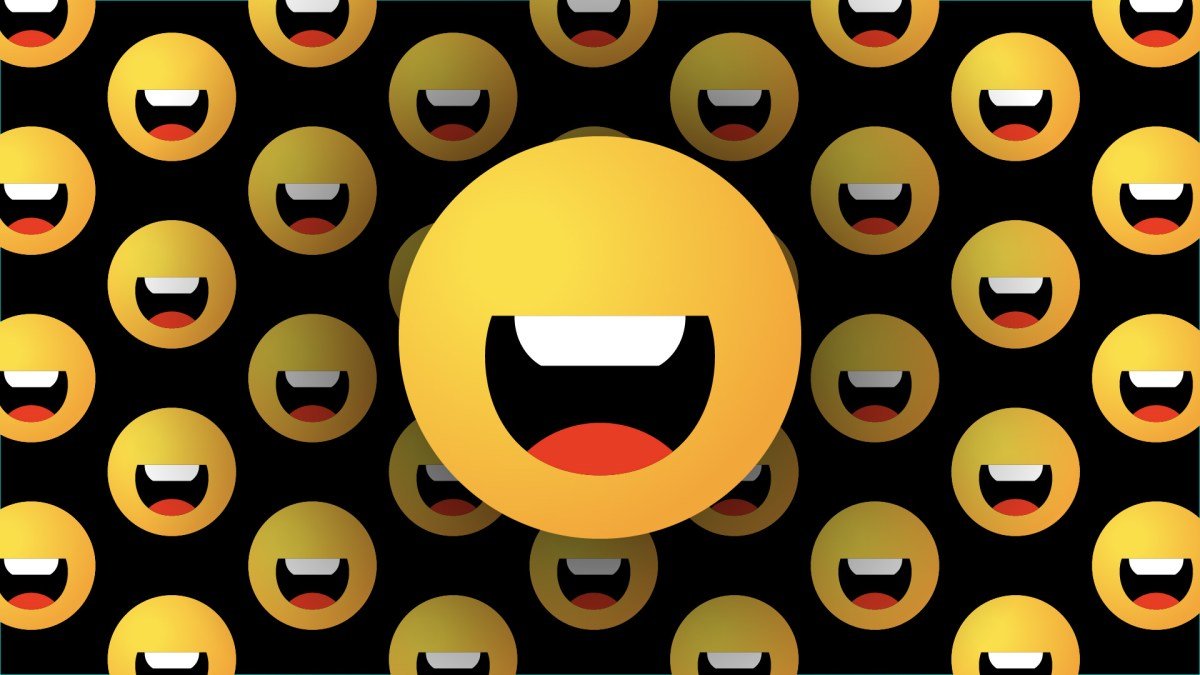AirChat, the upcoming social application, is stirring up buzz in the tech world. But with its similarities to Clubhouse, will it suffer the same fate?
Over the weekend, a new player emerged in the social media landscape: AirChat. This unique app combines elements of Twitter and Clubhouse by allowing users to speak their posts instead of typing them. As they scroll through their feed, followers will hear the user’s voice alongside a transcription of their post. It’s a refreshing take on social media, built by AngelList founder Naval Ravikant and former Tinder exec Brian Norgard.
AirChat takes a refreshingly intimate approach to social media. It’s like having real conversations with online acquaintances who have only been voices behind a screen until now. And since the conversations are asynchronous, it’s less daunting than live discussions on Clubhouse with strangers.
Recording with your voice may seem daunting at first, but the app allows for re-recording if you make a mistake. For those who love sending voice memos or have their own podcasts, AirChat feels intuitive and user-friendly. And the best part? The transcriptions are top-notch, making it the best speech-to-text product on the market. It even accurately transcribes tricky words like Pokemon names.
The success of AirChat also extends to other languages. It performs well in Spanish and can even transcribe Hindi, as reported by TechCrunch journalist Ivan Mehta. However, there are moments when the app will translate speech directly to English, which raises questions about its reliability and when it chooses to translate versus transcribe.
So, is AirChat here to stay? That all depends on the type of community it attracts. Currently, the app feels like a coffee shop in San Francisco, with most users having ties to the tech industry. This could be due to tech enthusiasts being early adopters of new apps. However, this was not the case for other recent social media platforms such as Threads (an Instagram extension) or Bluesky (known for its irreverent culture).
Currently, AirChat has paused invites, which may not improve its user base in the near future. The current culture of the app could also be a reflection of its influential founders, who have strong connections in Silicon Valley and venture capitalist circles. Interestingly, two of the first channels to emerge on AirChat were “Crypto” and “e/acc” (short for effective acceleration), showcasing the app’s association with the tech industry.
While this may not be a red flag in itself, it does raise concerns about the app’s naive approach to content moderation.
“We want to be as hands-off as possible when it comes to moderation,” stated Ravikant regarding AirChat’s stance on content moderation.
This approach is reminiscent of Substack, a platform that faced backlash for refusing to proactively remove pro-Nazi content. When reached for comment, AirChat did not respond.
Ravikant likens AirChat to a dinner party, where you wouldn’t kick someone out for engaging in a civil debate. However, if they start “violently screaming” at you, it may be wise to intervene. In real life, it’s common to disagree with someone and have a respectful conversation. But within the scope of AirChat’s thousands of users, this approach may not be sufficient. Without robust content moderation measures in place, the app’s current plan is like hosting a music festival with a single security guard – it may work in theory, but it’s not realistic. Just look at the disastrous Woodstock ’99.
This is another aspect where AirChat mirrors Clubhouse, which faced similar criticism for its lax approach to content moderation. Unlike Clubhouse, AirChat already has block and mute features in place, but it’s still concerning to see hate speech and harassment go unpunished on the platform.
Without a clear plan for handling situations such as copyright infringement, doxxing, or the sharing of illegal content, it’s not hard to envision AirChat facing backlash and potentially being shut down. While the concept of the app is brilliant, it’s important to recognize the potential risks and have proper measures in place. We can’t rely on naïveté to protect us from hate speech and harmful content.








